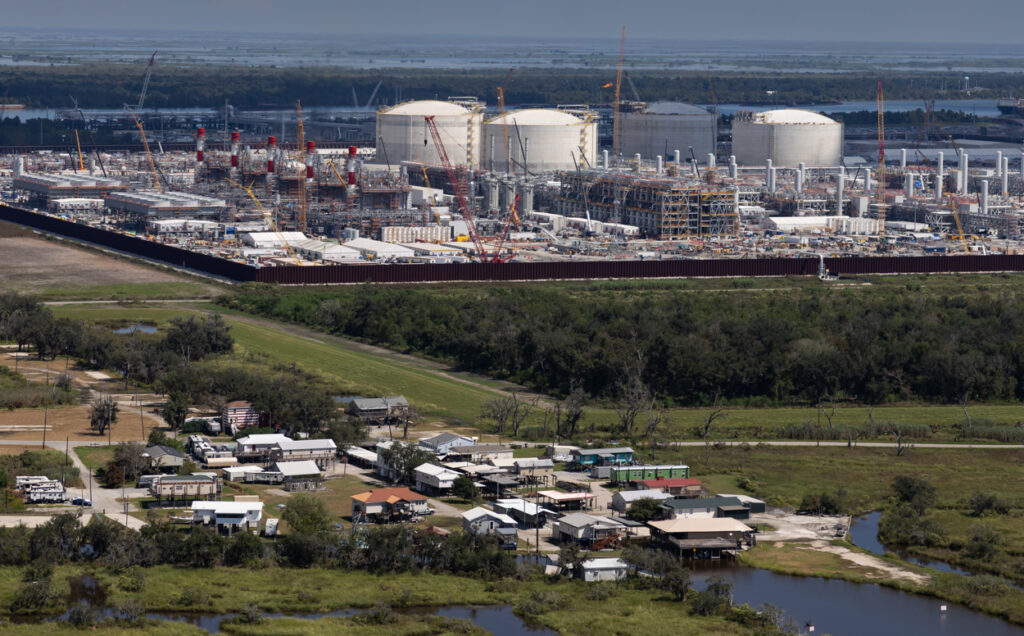Carbon ranching allows multinationals to compensate for pollution by paying third-world countries to preserve rainforests. Right now, it’s worth more to a logging company or a peasant to convert to stumps or soybeans than to leave the rainforest intact. With carbon ranching, a hectare of rainforest worth $200-to-$500 for crop production could increase to around $10,000 if preserved as a sponge for carbon dioxide.
Carbon ranching could also nudge the developing world into the effort to reduce emissions. A coalition of “rainforest nations” led by Papua New Guinea and Costa Rica has indicated it will participate in carbon ranching without demanding any increase in foreign aid.
Corporate polluters also like carbon ranching because conserving rainforest is often cheaper than reducing their emissions. Some, like Mitsubishi, are doing it voluntarily to be seen as supporting environmental efforts. They also anticipate that future legislation will let them get credit for it. And business support virtually guarantees the idea will get a hearing in the polluter-friendly White House.
Subscribe to our newsletter
Stay up to date with DeSmog news and alerts






